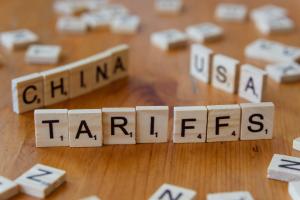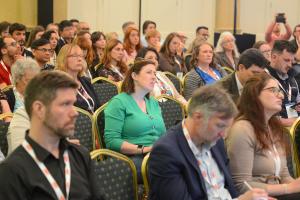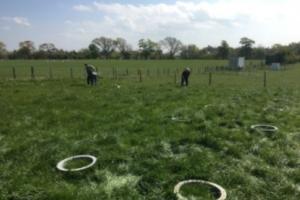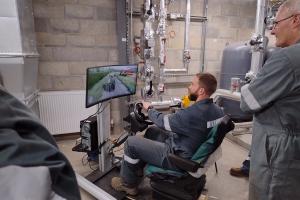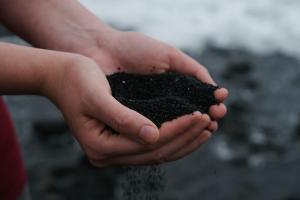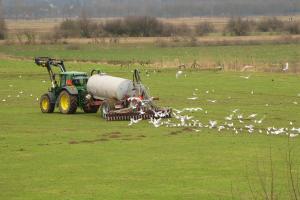Scientists at The James Hutton Institute are spearheading cutting-edge research to support the UK’s National Action Plan for pesticide reduction, combining AI, big data, and biology to revolutionise Integrated Pest Management (IPM) in Scotland. From forecasting potato virus risks to advancing biological alternatives to conventional pesticides, their work helps farmers target pesticide use while safeguarding yields and the environment.
Recent shifts toward protectionist trade policies—most notably from the United States—are reshaping the global trading system in ways that extend beyond traditional economic concerns. Protectionism refers to when countries introduce measures such as tariffs, quotas, or subsidies to limit imports and support their domestic industries. For the UK, navigating this uncertainty comes at the post-Brexit period, where trade resilience, food system stability, and climate commitments are increasingly intertwined.
The British Society of Animal Science is a charitable organization, which has been in existence for over 80 years! It is also the principal learned body supporting animal science in the UK. BSAS works ‘to advance the sector, improve the understanding of all aspects of animal science and ensure research and knowledge transfer has a practical and beneficial application’.
Applying liming products to soils has a positive effect on the yield of crops, if the soil pH is below the optimum level for nutrient uptake. However, there is also a cost for the carbon footprint for the farm from the release of carbon dioxide (CO2) to the atmosphere from mining, production and application of lime. Increasing the soil pH above 6.2 has been shown to reduce the greenhouse gas nitrous oxide (N2O) but the evidence is not conclusive.
Fruit and vegetables are vital for a healthy diet providing essential vitamins, minerals, and fibre that also help lower the risk of noncommunicable diseases, such as heart conditions and types of cancer.
Finding innovative ways to engage a wider audience is an ongoing challenge for researchers. Here at SEFARI, we are no less prone to these challenges and strive to ensure that our work generates valuable insights and reaches everyone in engaging ways. In this blog, read about one of our latest Innovative Knowledge Exchange (IKE) funded projects, the CROPsim Project, a tool that uses gaming technology to bridge the gap between cutting-edge agriculture research and those interested in sustainable farming practices.
Soil erosion remains one of the most pressing agricultural issues worldwide. It is still happening - the intensive way we farm is destroying and degrading the very basis of our entire food system, soil. In this opinion piece, Professor Lorna Dawson, SEFARI’s Knowledge Exchange Lead for Environment, discusses the issues and solutions to keep our soil healthy and productive.
Soil as a precious resource (Image by Seth Cottle, Unsplash)
Antimicrobial resistance (AMR) is a growing concern not only in hospitals but also in our farms and fields. When pathogenic bacteria acquire AMR, antimicrobials previously used to treat them are no longer effective causing a greater burden of disease. The use of antimicrobials in livestock can lead to increasing emergence of AMR which can spread more widely in the environment when farmyard manure or slurry is used as organic fertiliser to improve soil health and productivity in grasslands.
The interaction between nutrient management, food production and sustainability goals are complex, where both research and policy still remain fragmented. The report from the Nutrient Management Expert Group (NMEG), commissioned by DEFRA to tackle this complexity, was published in May 2024, containing the detailed assessment of the key policy and 15 recommendations. This blog summarises the key takeaways from this work.

